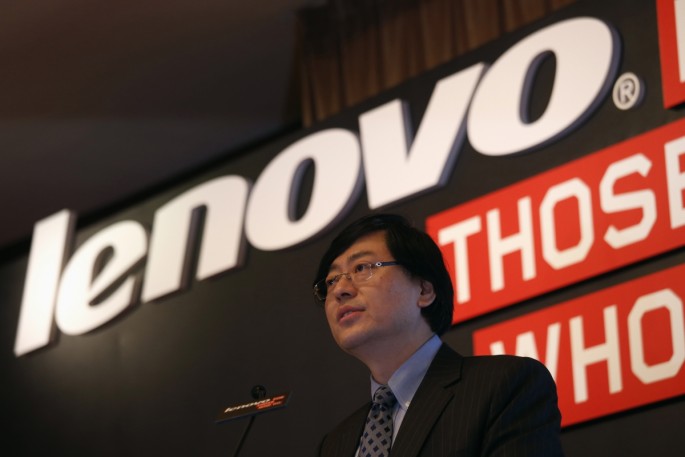Lenovo Group’s website suffered a cyberattack on Wednesday, days after the Chinese PC manufacturer was embroiled in a scandal involving preloaded software on some of its laptops that made them vulnerable to malware attacks.
Visitors to Lenovo's hacked website redirected users to a slideshow showing pictures of the alleged hackers with the song "Breaking Free" playing in the background, the U.K.-based Guardian newspaper reported on Thursday.
Clicking on the slideshow also sent users to the Twitter account of the hacking group Lizard Squad, while viewing the page source revealed a note linking the security breach to alleged members of the group, the report added.
The Lizard Squad, who were also responsible for cyberattacks to the PlayStation Network and Xbox Live the previous year, also posted on its Twitter account a portion of the lyrics to the song and to expect "more mischief." The group also posted screenshots of e-mail correspondence between Lenovo employees.
Lenovo's website resumed normal operations as of Thursday.
In a statement, Lenovo acknowledged the attack on its website and are conducting investigations along with unnamed third parties.
"We are actively reviewing our network security and will take appropriate steps to bolster our site and to protect the integrity of our users' information and experience."
Lenovo's reputation in the information security industry has recently taken a beating following revelations that the company sold laptops pre-installed with software named "Superfish," which broke users' encrypted connections in order to deliver Lenovo ads into search pages, prompting an alert from the U.S. Department of Homeland Security on Feb. 20.
Although initially denying the reports, Lenovo later admitted to and apologized for its error.
Lenovo's chief technology officer Peter Hortensius said to the New York Times on Tuesday that the company "did not do a thorough enough job understanding how Superfish would find and provide their info."
"That's on us. That's a mistake that we made," Hortensius said.























